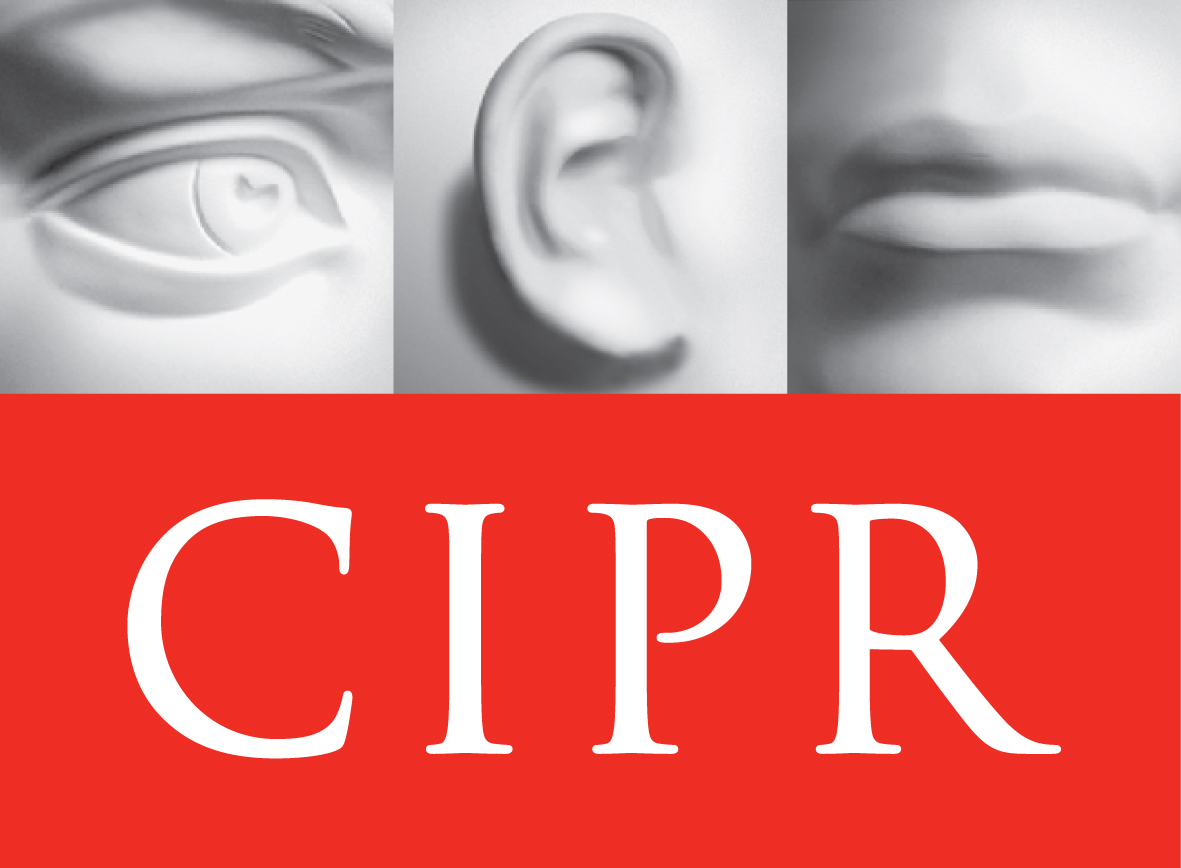 Members of the Chartered Institute of Public Relations (CIPR) have watched in horror as high profile showbiz publicist Max Clifford was charged and is now serving a lengthy custodial sentence for a string of highly serious sexual offences against vulnerable young people.
Members of the Chartered Institute of Public Relations (CIPR) have watched in horror as high profile showbiz publicist Max Clifford was charged and is now serving a lengthy custodial sentence for a string of highly serious sexual offences against vulnerable young people.
Clifford never applied for membership of the CIPR in his entire career and if he had when I was the CIPR Chairman of Membership, I would’ve rejected his application.
The full extent of Clifford’s deception wasn’t known to many of us who in fact had previous dealings with him but I was aware of how he conducted his business and the way he manipulated clients and the media in order to make himself extraordinarily wealthy and at the same time with scant regard for rights of others. Clifford appeared in PR Week’s ‘definitive guide to the most influential people in PR’. I bet they are regretting that ever happened.
Ethical standards are and continue to be the hallmark of anyone who wants to be accepted as a PR professional or indeed join the CIPR.
And those standards apply whether the person is acting in a professional or personal capacity. It’s bonkers to think that someone should be let off the hook if they choose to behave in an unethical way in their private life.
 So I’m personally delighted that the CIPR has taken the opportunity to revise the structure of panels and committees through which it manages the Code of Conduct and adjudicates on complaints about members.
So I’m personally delighted that the CIPR has taken the opportunity to revise the structure of panels and committees through which it manages the Code of Conduct and adjudicates on complaints about members.
All CIPR members are bound by the Code, which sets out the professional standards expected of them and regulates their conduct in the public interest, as required by the Institute’s Royal Charter.
Any member of the public who has concerns about the conduct of a CIPR member may raise a complaint under the Code of Conduct.
In 2013, the CIPR’s governing Council voted to reform how the Code and complaints are managed. The changes bring the CIPR up to date with best practice in line with the ILEX ruling by the Court of Appeal.
The ILEX Ruling
In October 2011, the Court of Appeal ruled in a case between Mrs Darsho Kaur and the Institute of Legal Executives (ILEX) that members of the ILEX Council shouldn’t have taken part in disciplinary hearings against Mrs Kaur because of ‘apparent bias’ and because no one should be ‘a judge in their own cause’ which is a fundamental principle of jurisprudence.
The Court of Appeal noted that
- the presence of one or more lay members in a disciplinary committee didn’t ‘insulate’ Council members from the appearance of bias or the conflict of interest;
- having in place ‘an underlying fair procedure doesn’t make up for a perception of the real possibility of bias’;
- many of the professions’ regulators have been moving towards ‘complete insulation of their regulatory functions from their representative functions’;
- ‘… the fact that the charge against Mrs Kaur was of “conduct unbefitting to ILEX or likely to bring ILEX into disrepute” underlines the interest of ILEX and its governance in upholding its professional standards’;
- the power of the ILEX disciplinary tribunal to impose fines ‘again demonstrates the importance of proper separation of the disciplinary panels from those concerned with the overall governance of the organisation’.
The ruling had implications for any membership organisation including the CIPR that has attempted to resolve complaints against its members in an amicable way but where this fails needs to resort to a more formal process.
New system of handling complaints against CIPR members
Since 1 January 2014, handling complaints has been the responsibility of the Professional Standards Panel. There is also an Appeals Panel and an Arbiter.
The panels have been recruited from the CIPR membership against set criteria, with no panel member allowed to serve on the CIPR Council or Executive Board in any capacity. Recruitment took place between December 2013 and March 2014 and was ratified by the CIPR Council in April this year.
The CIPR members of panels are joined by ‘lay members’, who aren’t PR practitioners. Their independence reinforces the CIPR’s commitment to a fair, open and impartial process. The CIPR retains a Regulatory Consultant who acts the first point of contact for complaints and advises both parties, and the CIPR itself, through the process.
The new Appeals Panel consists of:
- Caroline Binnie FCIPR
- Paul Mylrea FCIPR
- Heather Yaxley FCIPR
- Paul Noble FCIPR
- Matt Appleby FCIPR
- Sue Appleby FCIPR
- Claire Walker FCIPR
- Ardi Kolah FCIPR
“These reforms have brought the CIPR’s already strong processes firmly into line with best practice. By recruiting volunteers to participate in hearings from outside of the Institute’s key governance committees, we have addressed the possibility, however slight, of a conflict of interest arising between the aims of the organisation and a just process of professional regulation,” says Sarah Hall, Chair of the CIPR Professional Practices Committee.
 Stephen Waddington the current CIPR President, adds:
Stephen Waddington the current CIPR President, adds:
“The CIPR Code of Conduct is a critical part of our work and fundamental to the development of enforceable professional standards for public relations. Our processes have been developed through years of application and clients, employers and the general public can have confidence in them as a means of holding members to account for their conduct.
“Members should also be assured that a rigorous approach is first and foremost in the interests of the profession and that they can and should highlight their accountability to a meaningful system of self-regulation as a key element in their personal professionalism.”














Recent Comments